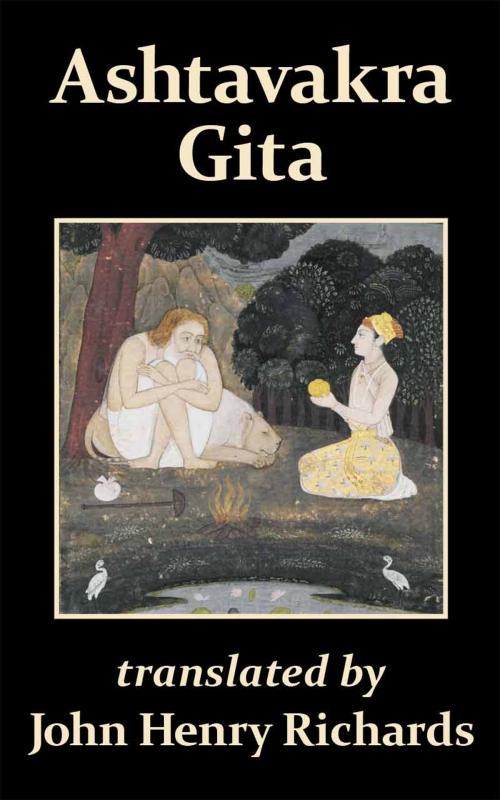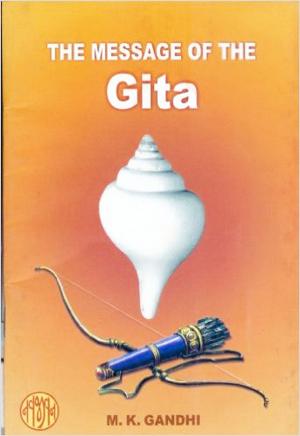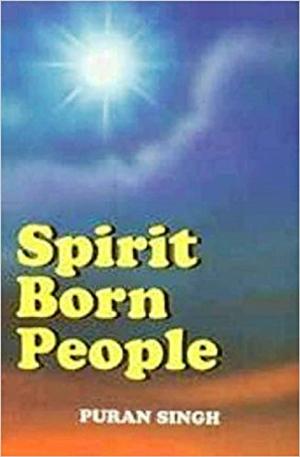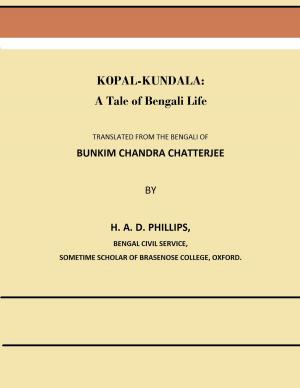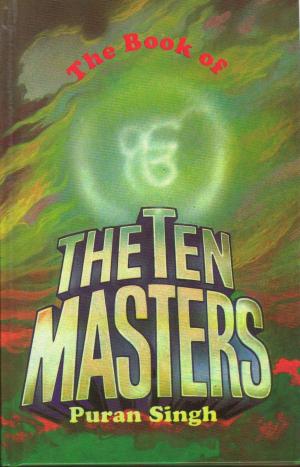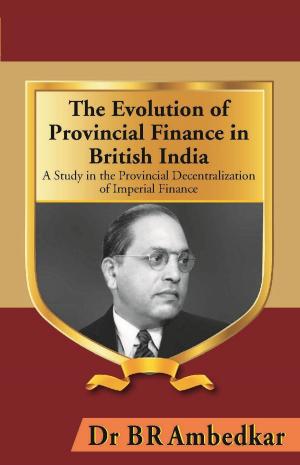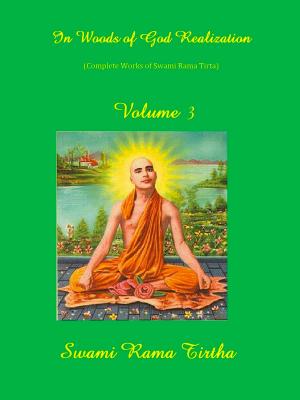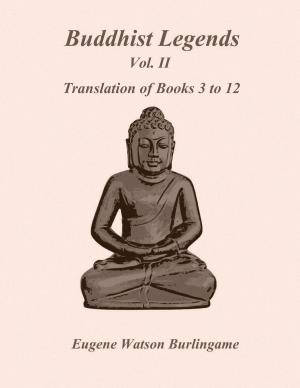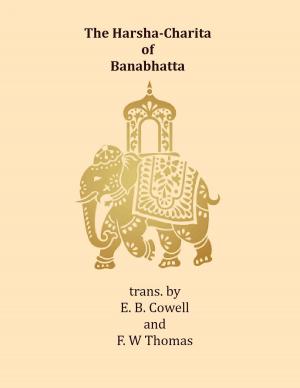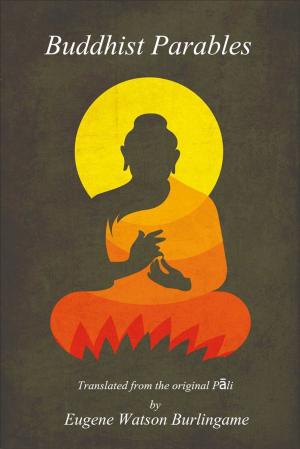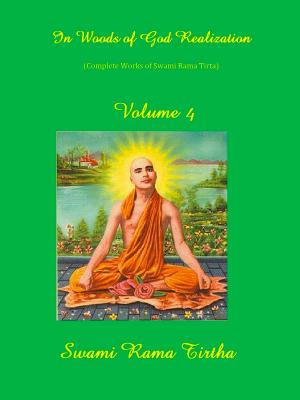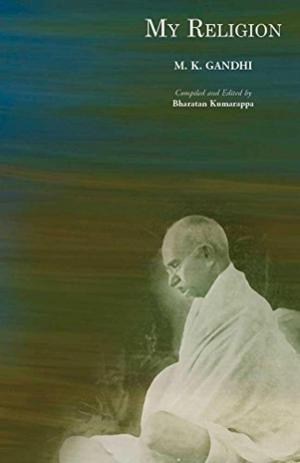| Author: | Ashtavakra, John Henry Richards | ISBN: | 1230001602494 |
| Publisher: | Kar Publishing | Publication: | March 22, 2017 |
| Imprint: | Language: | English |
| Author: | Ashtavakra, John Henry Richards |
| ISBN: | 1230001602494 |
| Publisher: | Kar Publishing |
| Publication: | March 22, 2017 |
| Imprint: | |
| Language: | English |
The Ashtavakra Gita By Ashtavakra
translated by John Richards
Pages - 51
The Ashtavakra Gita (Sanskrit in Devanagari: अष्टावक्रगीता; IAST: aṣṭāvakragītā)[1] or the Song of Ashtavakra is a classical Advaita Vedanta scripture. It is written as a dialogue between the sage Ashtavakra and Janaka, king of Mithila
Radhakamal Mukerjee, an Indian social scientist, dated the book to the period immediately after the Hindu scripture Bhagavad Gita (c. 500–400 BC).[3] J. L. Brockington, emeritus Professor of Sanskrit at the University of Edinburgh, places the Ashtavakra Gita much later, supposing it to have been written either in the eighth century AC by a follower of Shankara, or in the fourteenth century during a resurgence of Shankara's teaching.[4][5] Sri Swami Shantananda Puri suggests that since the book contains the seed of the theory of non-creation Ajata Vada developed later by Gaudapada in Mandookya Karika, this book comes from a period prior to that of Gaudapada and hence prior to Adi Shankara.
The Ashtavakra Gita By Ashtavakra
translated by John Richards
Pages - 51
The Ashtavakra Gita (Sanskrit in Devanagari: अष्टावक्रगीता; IAST: aṣṭāvakragītā)[1] or the Song of Ashtavakra is a classical Advaita Vedanta scripture. It is written as a dialogue between the sage Ashtavakra and Janaka, king of Mithila
Radhakamal Mukerjee, an Indian social scientist, dated the book to the period immediately after the Hindu scripture Bhagavad Gita (c. 500–400 BC).[3] J. L. Brockington, emeritus Professor of Sanskrit at the University of Edinburgh, places the Ashtavakra Gita much later, supposing it to have been written either in the eighth century AC by a follower of Shankara, or in the fourteenth century during a resurgence of Shankara's teaching.[4][5] Sri Swami Shantananda Puri suggests that since the book contains the seed of the theory of non-creation Ajata Vada developed later by Gaudapada in Mandookya Karika, this book comes from a period prior to that of Gaudapada and hence prior to Adi Shankara.
